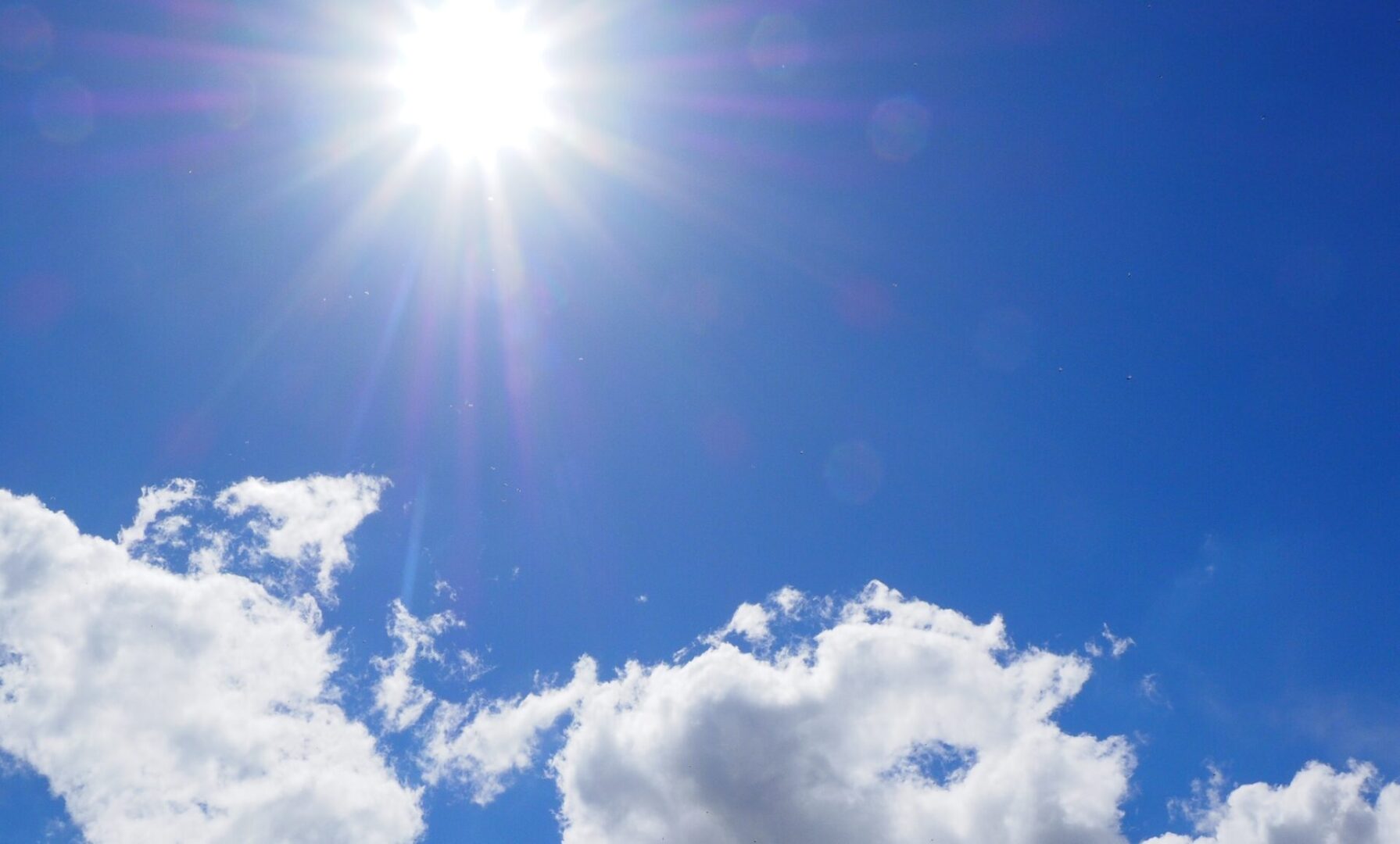This story has been updated to reflect the heat advisory has been extended until 8 p.m. Saturday. It was previously in effect until 8 p.m. Friday.
Centre County and most of Pennsylvania are under a heat advisory as high temperatures and humidity are expected to continue throughout the week.
The National Weather Service at State College has issued the advisory for Centre County through 8 p.m. on Saturday. High temperatures in the low-to-mid 90s are in the forecast each day, with heat index values — what the temperature feels like to the human body when relative humidity is combined with the air temperature— reaching 100 degrees.
“The heat wave is expected to continue into the weekend with the hottest temperatures of the summer so far,” wrote in its initial advisory on Monday. “The longevity of the forecast heat wave during the month of June has not been experienced in decades.”
According to AccuWeather, high temperatures each day and continuing into Sunday will approach the daily records in the State College area.
Children and pets should never be left unattended in vehicles, and the NWS urged that is especially true during hot weather when car interiors can reach lethal temperatures in minutes.
Hot temperatures and high humidity can also cause heat illnesses of increasing severity for which people should know the signs.
• Heat cramps are the mildest form and may lead to more serious heat illness. Symptoms include painful muscle cramps and spasms and heavy sweating. People experiencing heat cramps should move to a cool place and rest, stretch muscles slowly, use pressure or massage and take sips of water or a cool sports drink, according to Johns Hopkins Medicine and the NWS. Medical attention should be sought if cramps last longer than an hour.
• Heat exhaustion is “when the body is unable to cool itself properly and, if left untreated, can progress to heat stroke,” according to Johns Hopkins. Symptoms can include muscle cramps, heavy sweating, fatigue, weakness, pale and clammy skin, dizziness, nausea or vomiting, headache and fainting. A person experiencing heat exhaustion should move to a cool, preferably air conditioned, room, loosen clothing, place cool wet cloths on the skin or sit in a cool bath and take sips of water or a cool sports drink. If vomiting occurs more than once or if symptoms worsen or last more than one hour, seek medical attention.
• Heat stroke, the most serious form of heat illness, “occurs when the body’s heat-regulating system is overwhelmed by excessive heat,” according to Johns Hopkins. It is life-threatening and requires immediate medical attention. Symptoms include a body temperature of 103 degrees or higher, severe headache, confusion, nausea, dizziness, warm and dry skin, rapid pulse, fainting or loss of consciousness. If a person is experiencing heat stroke, take them to a hospital immediately or call 911. Until medical attention can be provided, they should be in a cool space with cool cloths or placed in a cool bath.
To avoid heat illness, drink more fluids than usual (water and sports drinks); limit outdoor activity; wear light-colored, lightweight, loose-fitting clothing; use sunscreen and other sun protection; and use air conditioning or go to an air-conditioned space.



